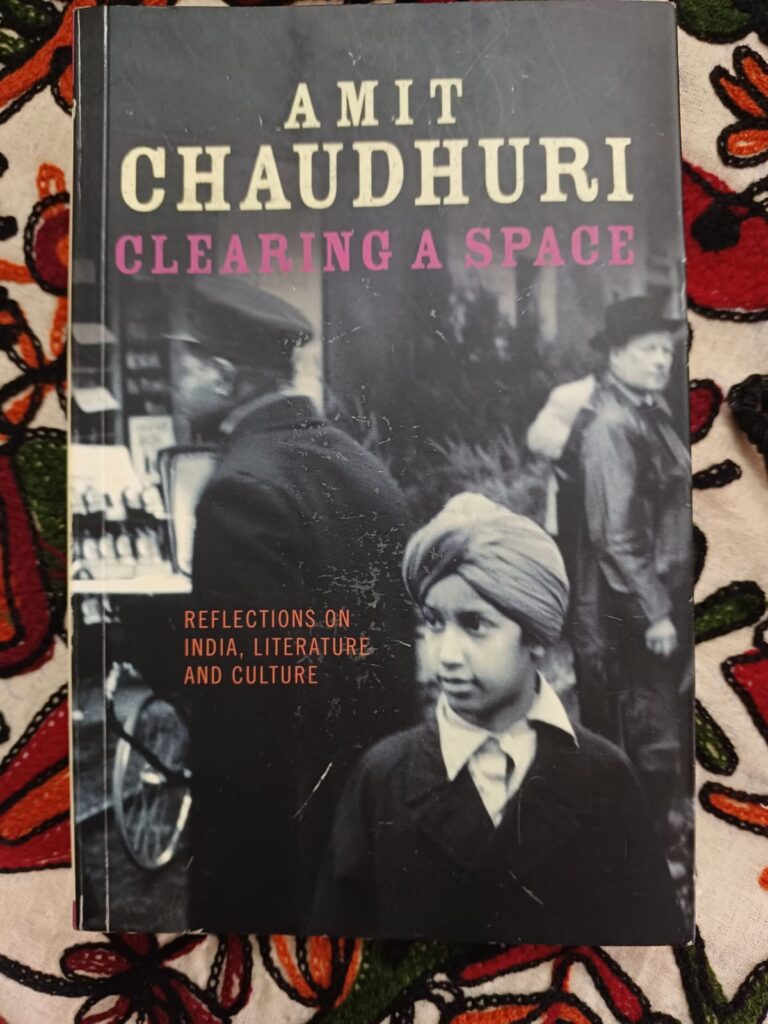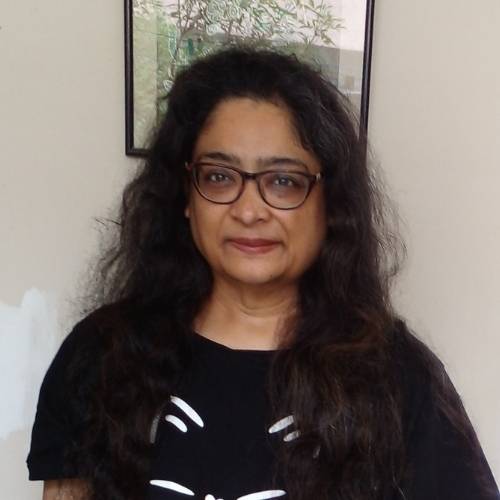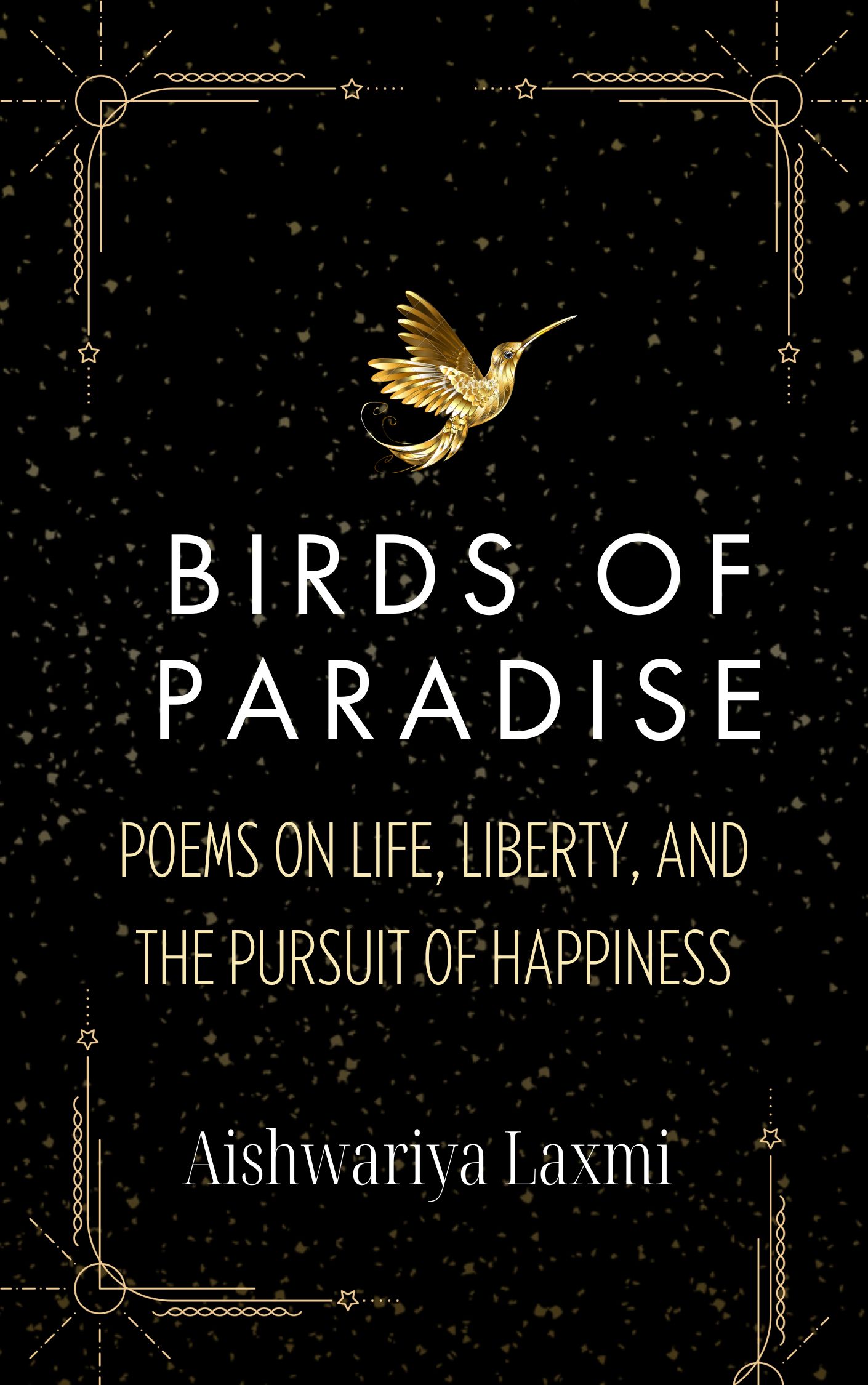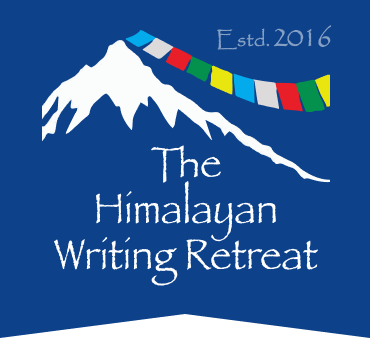Book Review by K.S.Loganathan Peter Lang Oxford, 2008 edition
Amit Chaudhuri is an Indian English novelist, poet, singer, and music composer, who has received a Sahitya Akademi Award for English writers and the Commonwealth Writers’ Award. In this collection of essays, he writes about modern Indian literature, humanism, and individual writers to “clear a space” for the post-colonial Indian writers in English and vernacular languages. It is part analysis, part cultural history, part literary criticism, and it touches upon the “Indianness” of the literary works of the past two centuries.
Modern Indian literature and culture began with the Bengal Renaissance in the early nineteenth century C.E. Orientalists like Sir William Jones, the founder of Indology whose researches on the Orient, Hinduism. and the Sanskrit language, and others who came later, like Max Mueller, the German compiler of sacred texts, and Edwin Arnold, who wrote the Light of Asia, the life of Buddha in narrative verse, spread the knowledge of Indian literary works throughout Europe and the Americas. This often brought about significant changes in social and political life in India. Indian literature and culture around the middle of the nineteenth century enjoyed artistic and imaginative autonomy as opposed to political independence which came only a hundred years later after conflict with the colonial power.
(Text continues after the image)

Raja Ram Mohan Roy founded the Brahmo Samaj in 1828, rejecting the polytheistic, idolatrous aspects of Hinduism and embracing the Upanishads as a basis for a transcendental protestanism. Michael Madhusudan Dutt began by writing poetry in the English language and converted to Christianity, but returned to Bengali literature in his thirties. Many writers like Qurratulain Hyder(Urdu), U.R.Ananthamurthy( Kannada), Mahasweta Devi(Bengali), and Ambai(Tamil), were all English literature students/teachers, but they shaped the creation of vernacular literature. The common characteristic of the Indianness exhibited by these writers is the pattern of disowning the feudal, indigenous system and recovering of parts of it. A good example is that of O.V.Viyayan, the celebrated Malayalam writer, who in his first novel, ‘The Legends of Khasak’, tells the story of an educated young teacher who comes to teach in an obscure village, but then becomes a learner instead, in an epiphany, a spiritual homecoming of sorts.
The influence of Rabindranath Tagore and Satyajit Ray, both products of the Brahmo Samaj, on Indian culture is profound. The Brahmo’s reworking of the Hindu religion was also Nehru’s concept of what India as a nation-state should be. Tagore left his imprint not only on poetry, but also on musical composition, on the novella,on the short story, the novel, the theater, and even painting. Key national figures like Gandhi and Tagore have transgressed religious orthodoxy to acquire a reputation as political strategists or secular artists.
English is the language that was present at the inception of the Indian middle class, and it would in one way or another, define the existence of the ‘bhadralok’ ever since. English writers like Nirad C.Chaudhuri in his ” Autobiography of an Unknown Indian” or R K.Narayan in his “The Guide”, are often accused of pandering to the west by supplying raw material ( poverty, ruin, or realism) to foreign readership. Arun Kolatkar’s poem Jejuri, published in 1976 has been included in this category, for turning sacred spaces to random images of broken beams and pillars. Amartya Sen lauds the country’s long, even pioneering, tradition of argumentation, freethinking, scepticism and secular debate as the foundation of intellectual pluralism. Indian ‘modern’ period lasted roughly 120 years and ended with the publication of ‘Midnight’s Children’, with its recognisable characteristics of postmodernity and confusion of fantasy and history.
English continues as the principal tool of globalization, capitalism’s celebratory word for the triumph of the market in a unipolar world; in contrast to ‘global’, the term ‘ world’ cinema and music now only refers to classical, folk and popular traditions confined to non-Anglophone countries i.e, not- English. In the globalised economy, story-telling has become an alternative to history writing, and the novelist has to avoid colluding with the narrativity of globalisation. After Salman Rushdie’s “Midnight’s Children” (1981), post- coloniality has taken root in India, founded on a liberal middle-class conscience, humanism , multi-culturalism and an embrace of capitalism .
My views
Amit Chaudhuri is good at looking backward at the literary and cultural history, and connecting the dots as well as discerning trends. Some lines from poems, or catchphrases often serve as an inspiration for later artistic works. Not every reader can recognise or capture the import of literary allusions or cultural diffusion that emerges in different fields over a period of time. Chaudhuri manages to decode them. His book of essays is not an academic work, nor is it a guide for popular culture, but it is nonetheless interesting as a reflection of the times. It could have been pruned and arranged in order according to the timeline. The reader though will find much that is of interest on the subject of modern Indian literature.











